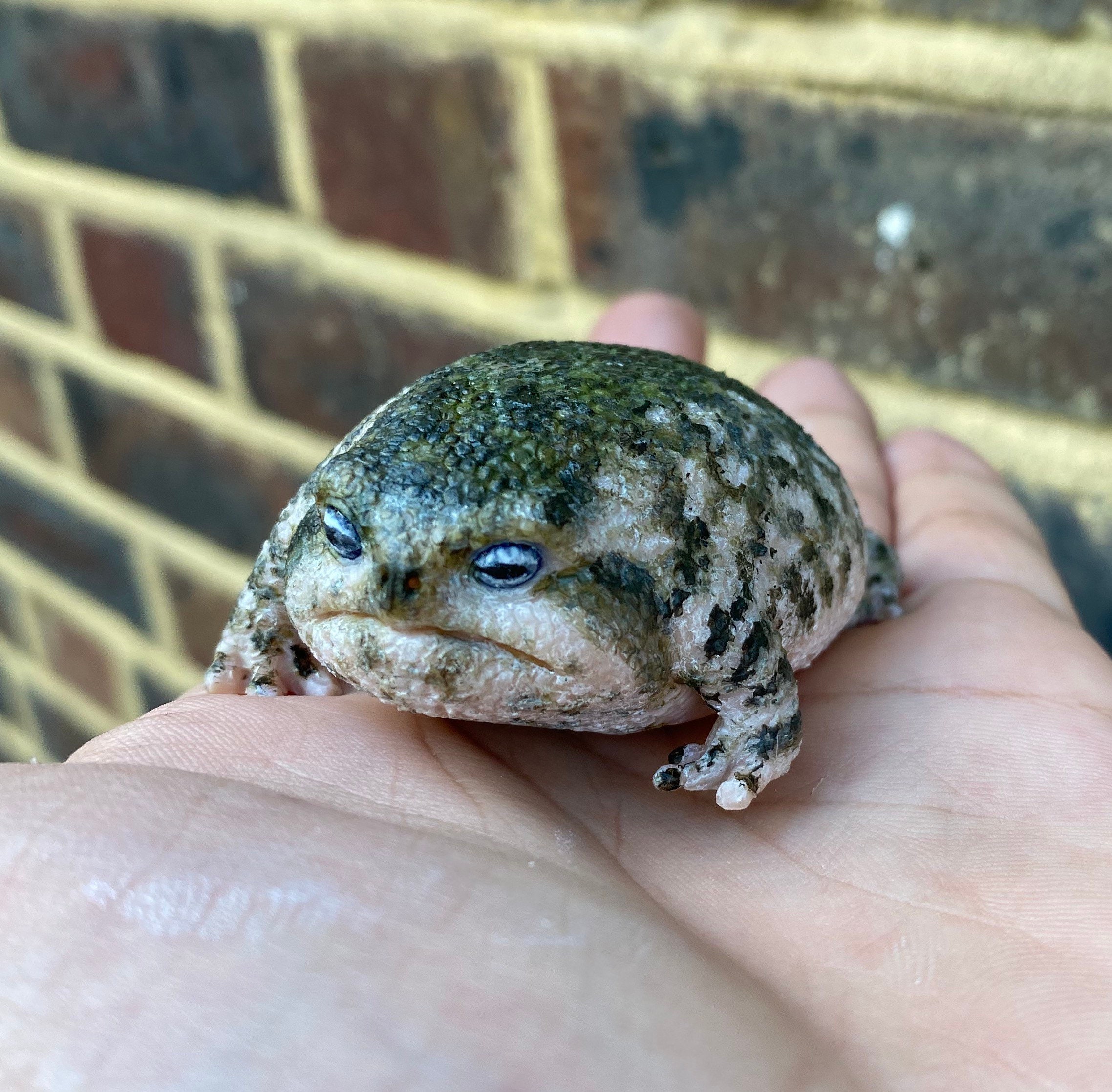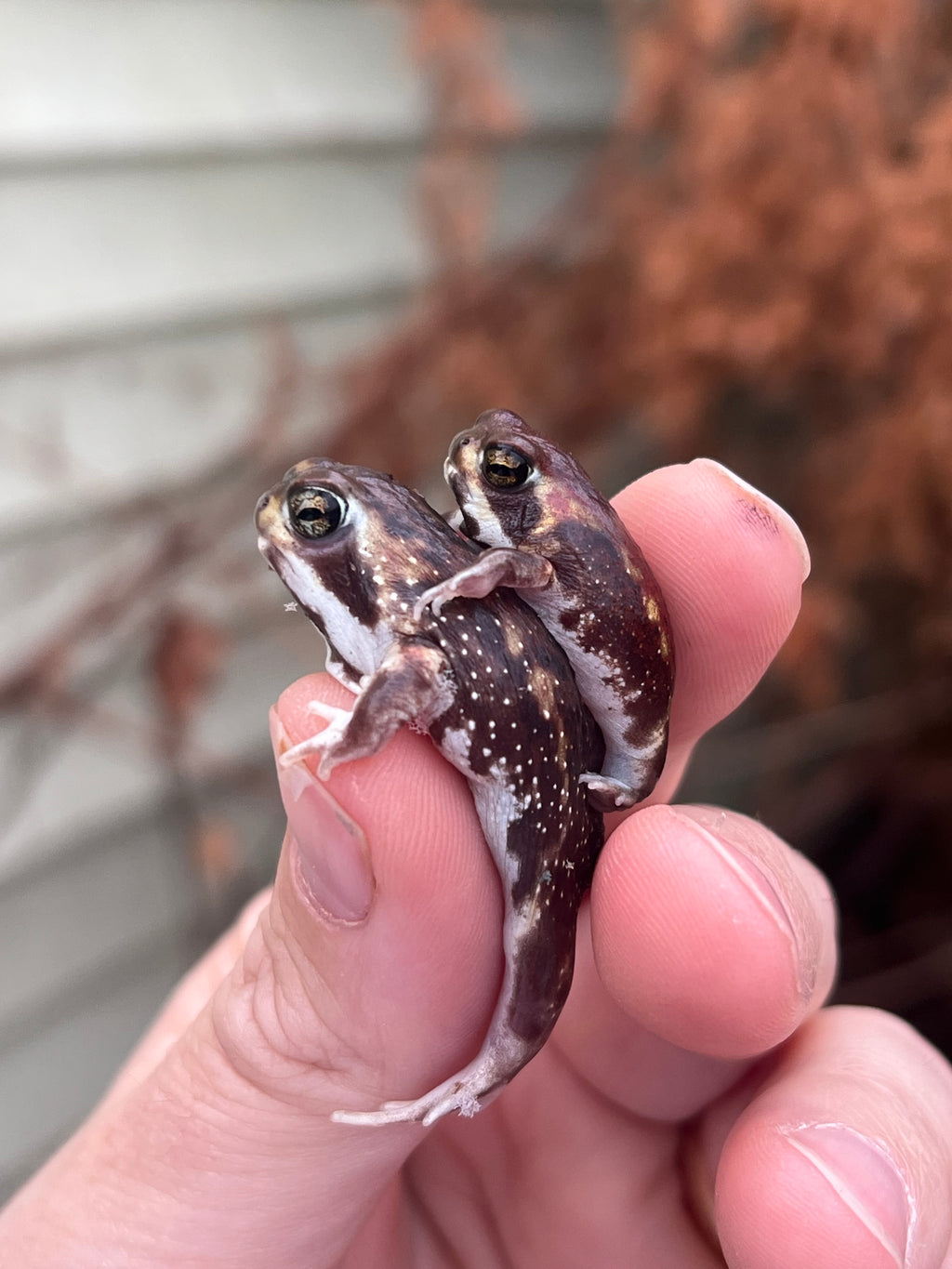Discover Unmatched Beauty: Rain Frog for Sale Waits For to Enhance Your Life!
Discover Unmatched Beauty: Rain Frog for Sale Waits For to Enhance Your Life!
Blog Article
Common Health Issues in Reptiles: Signs and Solutions
In the intricate globe of reptile care, comprehending the usual health and wellness concerns that might impact these special creatures is extremely important in guaranteeing their wellness. Whether it's grappling with parasitical invasions, navigating dehydration issues, or attending to skin conditions that materialize in subtle methods, being attuned to the signs and furnished with the knowledge of effective solutions is necessary for any type of reptile proprietor.
Breathing Infections
Respiratory system infections in reptiles can dramatically impact their total wellness and require punctual attention from experienced vets. These infections are generally caused by infections, bacteria, or fungi and can manifest with signs such as wheezing, nasal discharge, open-mouth breathing, and lethargy. In reptiles, respiratory system infections can be specifically testing to diagnose and deal with because of their distinct makeup and physiology. Veterinarians commonly count on a mix of checkups, diagnostic imaging, and research laboratory tests to precisely determine the underlying source of the infection.
Therapy for respiratory system infections in reptiles generally involves a mix of encouraging treatment, such as preserving appropriate humidity levels and temperature level slopes in the room, along with targeted medication to address the specific microorganism liable for the infection. It is essential for reptile owners to monitor their family pets carefully for any kind of signs of respiratory system distress and seek vet treatment at the earliest indication of a concern. With timely intervention and proper treatment, lots of reptiles can recoup fully from breathing infections and resume typical tasks.

Metabolic Bone Disease
What elements contribute to the advancement of Metabolic Bone Illness in reptiles?
Metabolic Bone Condition (MBD) in reptiles is largely created by a lack of correct calcium, phosphorus, and vitamin D3 levels in their diet plan. When reptiles do not obtain appropriate calcium, either via their food or appropriate UVB direct exposure for vitamin D3 synthesis, they are at a high risk of creating MBD. Reptiles with diets low in calcium or unbalanced calcium to phosphorus proportions are especially susceptible. Additionally, poor direct exposure to UVB light prevents reptiles from manufacturing vitamin D3, which is essential for calcium absorption and bone health and wellness.
Other adding aspects to MBD consist of incorrect temperature level gradients within the reptile's habitat, leading to reduced metabolic rate and damaged calcium absorption. Not enough humidity levels can likewise affect a reptile's capacity to metabolize calcium efficiently. Furthermore, specific reptile varieties have certain nutritional requirements that, otherwise fulfilled, can enhance the probability of creating MBD. Regular vet check-ups, proper husbandry practices, and a well balanced diet regimen are vital to prevent Metabolic Bone Disease in reptiles.
Parasitical Problems
Parasitic invasions posture a considerable wellness danger to reptiles, affecting their overall wellness and needing punctual veterinary interest. Reptiles can be impacted by numerous bloodsuckers, consisting of mites, ticks, internal worms, and protozoa. These bloodsuckers can trigger a series of signs and symptoms, such as weight reduction, sleepiness, skin inflammation, looseness of the bowels, and even fatality if left unattended.
One usual parasite found in reptiles is the mite, which can cause skin inflammation, anxiety, and anemia. Ticks are one more exterior parasite that can cause and send illness pain to the reptile. Inner parasites like worms and protozoa can result in digestion issues, lack of nutrition, and deteriorate the reptile's immune system.
To identify a parasitic invasion, a vet may carry out fecal tests, skin scrapings, or blood tests. Therapy often entails deworming medicines, antiparasitic baths, or in severe cases, hospitalization. Preventative actions such as routine vet exams, proper hygiene, and quarantine procedures for new reptiles can aid minimize the risk of parasitic invasions and ensure the wellness of reptile pets.
Dehydration and Hydration Issues
Dehydration in reptiles can considerably impact their wellness and wellness, necessitating prompt treatment and suitable hydration monitoring. If left without treatment, dehydration can lead to severe health concerns and also be deadly to the reptile.
To stop dehydration, reptile proprietors should ensure that their animals have accessibility to clean water whatsoever times. The water meal ought to be huge enough for the reptile to saturate in if look what i found required, particularly for species that soak up water via their skin. Additionally, preserving correct moisture levels in the reptile's enclosure and supplying normal bathrooms can aid prevent dehydration.
In cases of dehydration, it is critical to seek veterinary treatment immediately. A veterinarian may provide fluids either by mouth or through injections to rehydrate the reptile. It is vital to address the underlying reason for dehydration to stop reappearance and make certain the reptile's general wellness.
Skin Disorders

Conclusion

Breathing infections in reptiles can dramatically impact their general wellness and require timely attention from experienced vets (rain frog for sale). Preventative measures such as normal veterinary exams, appropriate hygiene, and quarantine procedures for new reptiles can aid lessen the risk of parasitical problems and ensure the well-being of reptile family pets
If left neglected, dehydration can lead to significant health and wellness concerns and even be deadly to the reptile.
Regularly evaluating your reptile for any type of changes in skin texture, color, or appearance can aid in early detection and treatment of skin disorders, promoting the total health and well-being of your scaly buddy. - rain you could try these out frog for sale
In final thought, reptiles are prone to different health issues such as respiratory system infections, metabolic bone condition, parasitic infestations, dehydration, and skin ailments.
Report this page